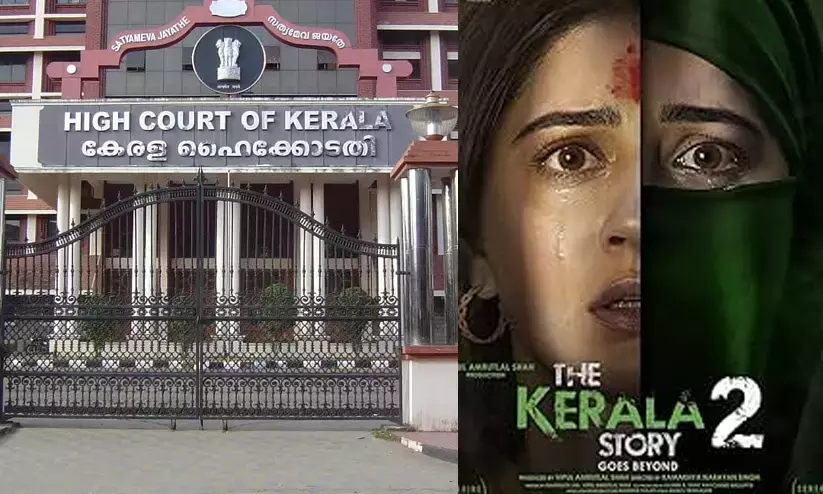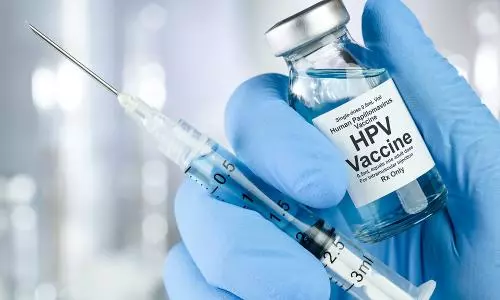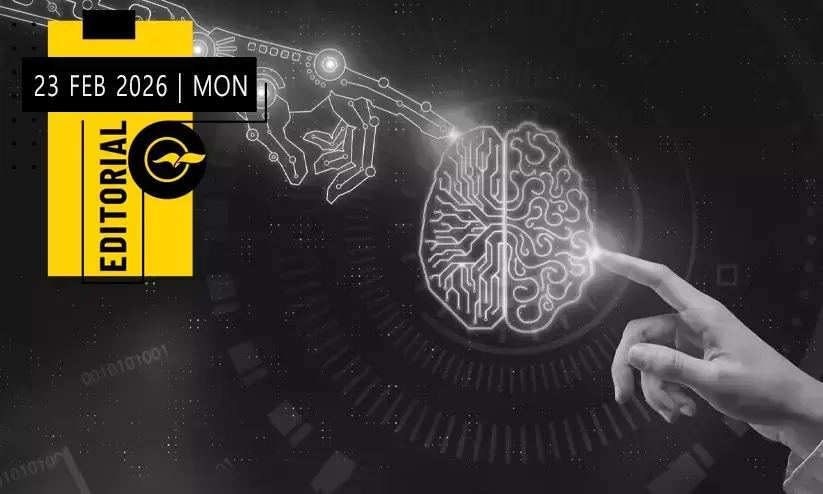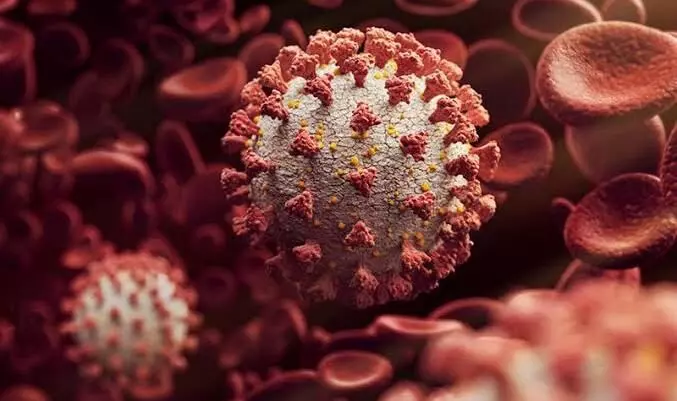
B.1.617 found to be dominant COVID variant that spread in India
text_fieldsNew Delhi: The Indian SARS-CoV-2 Genomics Consortium, a consortium of scientists engaged in sequencing the genes of the virus, has confirmed that the B.1.617 is the dominant variant that induced the transmission of the COVID across the country.
The B.1.617 COVID variant is accountable for more than half of the cases in India, INSACOG. It has had sequenced over 20,000 samples of SARS-CoV-2 from across states.
The consortium has now identified variants of concern in 8,000 samples with B.1.617 variant was beginning to take over as the dominant variant of concern in the country.
INSACOG is the leading national consortium of top scientific institutions in the country involved in genome sequencing of the virus.
The picture is still not uniform across states," Dr Sujit Singh, chief of National Centre for Disease Control told The Indian Express.
"Somewhere it is B.1.617 and somewhere it is B.1.1.7. (UK variant). There are sub-lineages of B.1.617 and we are finding a maximum of B.1.617.2," Dr Singh said.
Maharashtra, West Bengal, Delhi and Gujarat have shown the maximum prevalence of B.1.617, which are found in the 'community at large rather than international travellers.
B.1.617 is the technical name of the variant first reported in India. It has three sub-lineages 1, 2 and 3 and B.1.617.2 has been designated a variant of concern in the UK.
Recently, the World Health Organization (WHO) has also declared it to be a variant of global concern with chief scientist Dr Soumya Swaminathan stating that it might be "dodging vaccine protection". At INSACOG, scientists are also studying whether the variants that are emerging are leading to the severity of disease and trying to understand the reason behind breakthrough infections.
Is it that the variants are not being protected? We need to keep checking with more vaccines coming in now," said Dr Saumitra Das, director of the National Institute of Biomedical Genomics, who is coordinating genome sequencing at INSACOG.
Dr Das said longitudinal studies were being planned to address concerns on how long the antibody titre lasted after vaccination. At present, the effort was on clinical correlation with mutants, he added.























